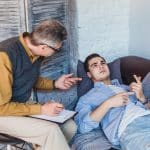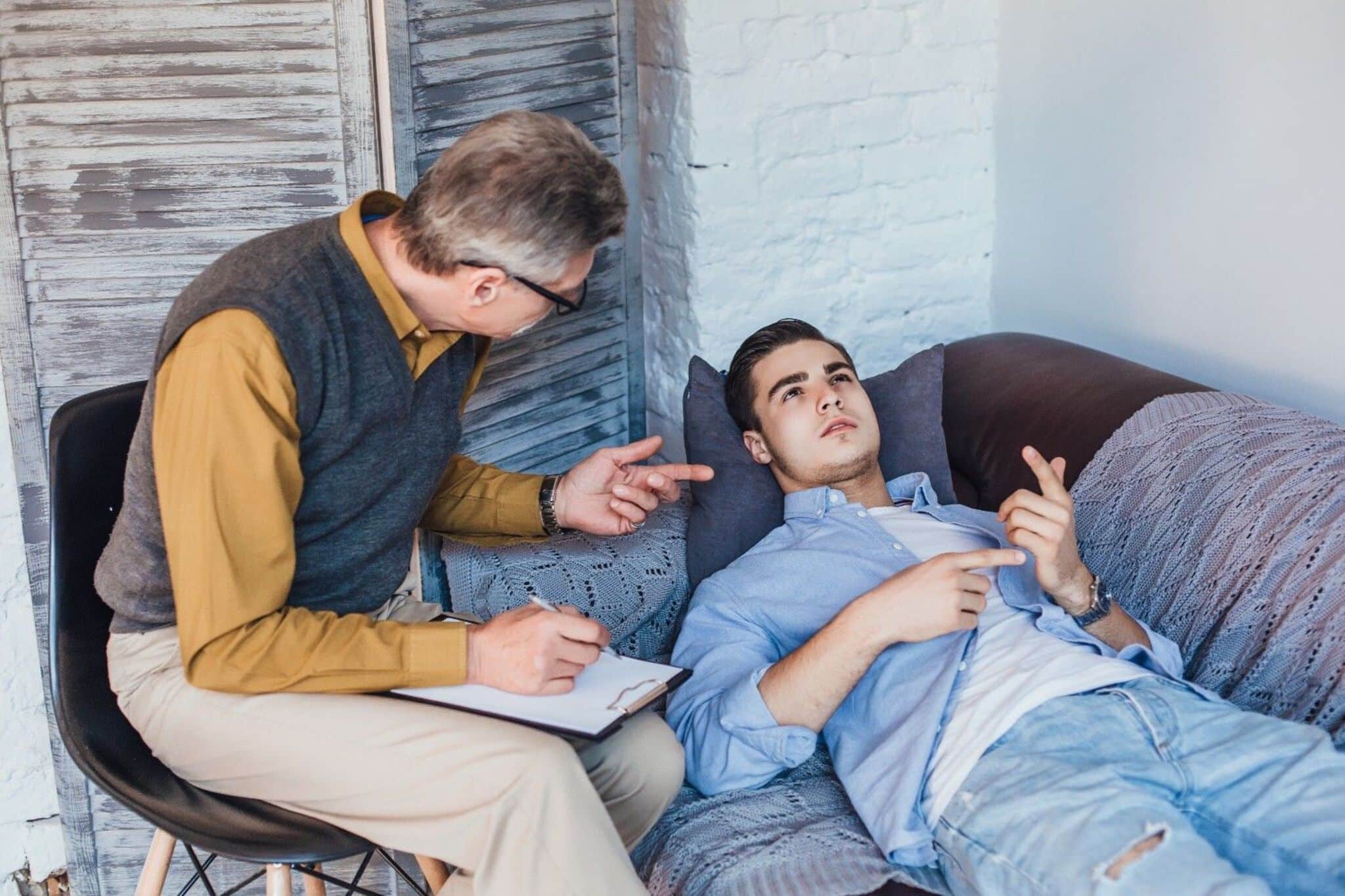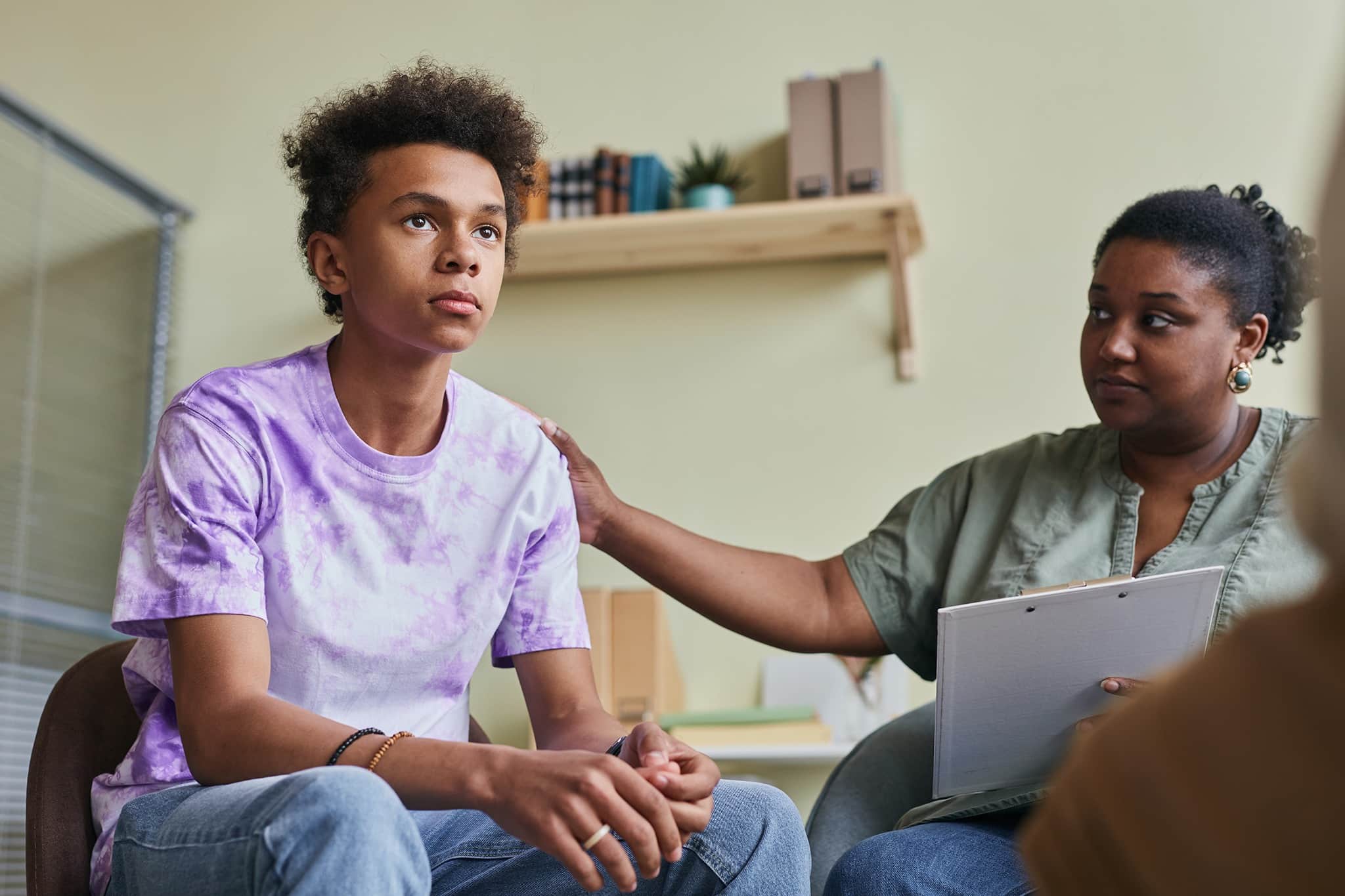Psychiatrists are seeing a marked increase in eating disorders in more recent years. Individuals (mostly young adults) are suffering from types of eating disorders like anorexia nervosa, bulimia nervosa, binge eating disorder, and others. One contributor is the growth of social media trends. A prime example is the “What I Eat in a Day” TikTok trend. Although this type of social media behavior is not intended to encourage unhealthy or restrictive eating behavior, it can certainly lead to those habits in some cases.
If you were looking for eating disorder treatment or a psychiatrist for eating disorders near me, understanding some of the reasons for the increase may be a great first step in recovering.
The Social Media Influence: How “What I Eat in a Day” Videos Impact Young People
Platforms like TikTok, Instagram, and YouTube have popularized content focused on, “What I Eat in a Day.” While these videos may appear harmless and offer meal inspiration or ideas for healthy eating, often the creators are promoting triggers around weight loss, informed dieting, or the “thin white size fits” mindset.
A reflexive thematic analysis of #WhatIEatInADay videos on TikTok explore how young women and men are internalizing these unrealistic standards. The videos, often unknowingly, promote restrictive eating and allow for comparison with the viewers. Mental health professionals are increasingly indicating how being exposed to these trends leads to identified disordered eating behaviors.
This is one of the reasons why seeking out a Pasadena CA psychiatrist or eating disorder health provider is important. The sooner you seek out help the less the individuals impacted will have long term effects from disordered eating practices or the bulk of their eating patterns. Seeking out a safe space to address body image and eating could be a life-changing moment.
How Diet Culture and Food Content Impact Mental Health
Food culture on social media is more focused on aesthetic over nutritional value. Well put together avocado toast or lunch consisting of low-calorie meals. This may look tempting at first but continuation of habit can create anxiety around food. This mentality has captured several teens and young adults. Psychiatrists state many of their TikTok users indicate difficulty with morals around eating due to pressure to lose weight and restrictive calorie and eating behaviors.
Recognizing the Signs: When to Seek Eating Disorder Treatment
Awareness is key in this situation. Symptoms might include:
- Preoccupation or obsession with body weight or shape
- Skips meals or remains extremely restrictive in eating
- Binge eats and follows with guilt or compensatory behavior
- Anxiety and/or depression related to food or body image
If you notice these behaviors in oneself, or someone else, seek an online psychiatrist California or online psychiatrist near me, as it might be a life-altering decision.
Psychiatric care that includes talk therapy, psychotropic medication management, and long-term treatment provides people a chance to reestablish a healthy relationship with food and their bodies.
The Role of Psychiatrists in Addressing Eating Disorders
Psychiatrists play a vital role in providing:
- Thorough assessments to determine any underlying mental health conditions
- Prescribing medication, if needed
- Combining therapy and psychiatry to address the psychological and physical components of eating disorders
- Collaboration with registered dietitians for nutritional health
Timeliness and accessibility of care is important; the earlier individuals seek help, the more effective treatment will be.
Home-Based Strategies While Waiting for Professional Care
While treatment from a clinical provider is essential for the treatment of eating disorders, some actions you can do at home to promote recovery include:
- Practicing intuitive eating rather than restricting your diet
- Journaling food intake and associated emotional triggers
- Eating balanced and regular meals
- Limiting exposure to unclear (body-positive) standards for body acceptance
These are all very empowering and give individuals, and families for that matter, the opportunity to proactively make health decisions while preparing for clinical treatment.
Integrating Preventive Action and Early Intervention
Preventative action is of utmost importance. Regular mental health check-ins, early intervention, and access to psychiatric support are all helpful in decreasing the harms of the more severe complications. Online services including a psychiatrist near me have broken barriers for individuals who may not have immediate local access.
To empower health decisions, we need to educate on triggers, limit exposure to harmful media, and assist clients in seeking timely professional care.
How Psychiatry and Everyday Wellness Intersect
Managing eating disorders is not just talk therapy with your psychiatrist. It is a 360-degree wellness program that includes mental fitness along with the physical one. Caring for mental health should also include medications that optimize everyday wellness in order to meet mental health challenges with effective care related to physical health needs. Mindvibe is able to offer timely evaluations, psychiatric services, and continuous care to build a healthy long-term recovery.
In Conclusion: How MindVibe Makes a Difference
We emphasize a fusion of compassionate care and evidence-based psychiatric treatment. If you are searching for a psychiatrist in Pasadena, CA, or you prefer online treatment in California we will provide you with:
- Access to early eating disorder treatment
- Clinical psychiatric guidance and ongoing support
- Customized and unique treatment plans for nutrition, behavioral therapy, and medication management
- A safe and supportive place to talk about your struggles and plan action items for getting better
Your recovery is welcome here, and with timely care, support, and understanding, we believe you can recover by regaining a healthy relationship with food and with yourself.
FAQs
How will I know if I need eating disorder treatment?
Look for signs of intense restrictive eating, bingeing, purging, or anxiety about food and body image. A professional evaluation is always recommended.
Can online psychiatrists treat eating disorders?
Yes, many online psychiatrists can conduct evaluations, provide therapy, and provide medication management, enabling care from home.
What does a psychiatrist do in eating disorder treatment?
Psychiatrists are responsible for mental health assessment, medication management (if needed), therapy, and working collaboratively with dietitians in the treatment and/or recovery process.
Are eating disorders common in young adults?
Yes, there are increasing incidents of eating disorders among young adults, especially with many young adults exposed to social media even more popular in recent years, like the, “What I Eat in a Day” videos.
How do I help a loved one who is struggling with an eating disorder?
Be supportive and highly patient with them to avoid any judgement about food and create an inclusive environment for them.











